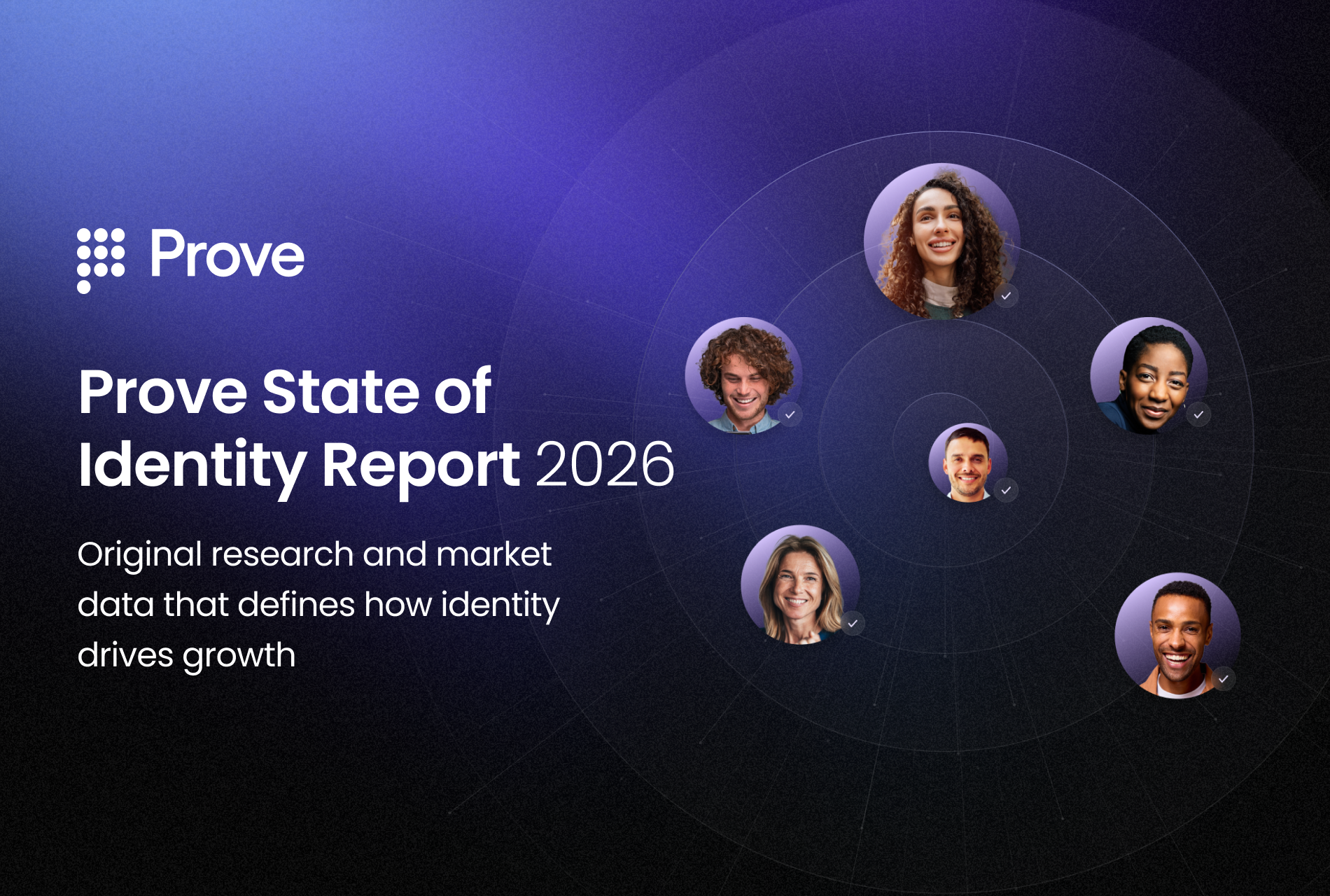Prove CEO Rodger Desai Featured on Fintech Leaders Podcast


Prove CEO and co-founder Rodger Desai was recently the featured guest on the Fintech Leaders podcast with fintech leader and entrepreneur Miguel Armaza. The two discussed the identity verification market, innovations in onboarding and customer enablement, and explained how smartphone data provides the most effective way to verify customers.

We invite you to listen to the full podcast here, where you’ll get Rodger’s full insights into his thinking and approach to building and scaling the market’s leading identity verification solutions. Here are some highlights from his discussion:
Why will KYC processes become nearly free in the near future?
According to Rodger, the current industry's focus on combating fraud and security threats consumes significant resources, yet instances of money laundering and financial suspicious activities continue to rise. Historically, the industry has operated on a fear-based model, meticulously scrutinizing each transaction to catch fraudsters, thus inflating costs. However, this approach proves inefficient, especially in a world where the majority of transactions are legitimate. In an ideal scenario, technology should seamlessly and accurately handle identity verification, akin to making phone calls without constant identification. As the KYC industry becomes more automated, manual intervention will decrease significantly, leading to a substantial reduction in costs. In theory, by easing the burden of fraud prevention and compliance, companies can reallocate resources to core customer functions.
How can cell phone and telecom data improve identity verification and reduce scams?
Prove prioritizes accuracy in identity verification, utilizing deterministic methods over probabilistic ones. By utilizing phone numbers and associated metadata as the primary verification method, Prove eradicates guesswork, ensuring the claimed identity is indisputably linked to the phone number. This approach renders it nearly impossible for fraudsters to impersonate others. Prove's method has demonstrated remarkable effectiveness, boasting an impressive record in identity verification accuracy.
What are the implications of AI-powered fraud?
Rodger expresses profound concerns regarding AI-driven fraud's capability to convincingly replicate human interactions and personal details, potentially deceiving conventional security measures. For instance, AI-powered attackers could exploit publicly available information to impersonate trusted individuals, engaging in conversations about personal topics to gain trust. While probabilistic methods were once effective, current levels of fraud sophistication necessitate deterministic approaches, such as cryptographic keys and direct authentication linked to immutable data points like phone numbers, to counteract advanced threats.
How does Rodger safeguard his data and digital identity from bad actors?
Rodger emphasizes the importance of separating critical security functions from everyday communications. To protect his data, he employs a dedicated phone number solely for multi-factor authentication (MFA), distinct from his primary phone. This measure reduces the risk of SIM swapping and other forms of identity theft. Additionally, by using a carrier without a call center, he further minimizes avenues for attackers to manipulate or hijack his phone number. The necessity for such precautions underscores the need for improved systemwide security measures, as reliance on SMS-based MFA remains vulnerable to exploitation.
Listen to the full Fintech Leaders podcast with Rodger here.

Keep reading
 Read the article: How Prove’s Global Fraud Policy Stops Phone-Based Fraud Others Miss
Read the article: How Prove’s Global Fraud Policy Stops Phone-Based Fraud Others MissLearn how Prove’s Global Fraud Policy (GFP) uses an adaptive, always-on engine to detect modern phone-based threats like recycled number fraud and eSIM abuse. Discover how organizations can secure account openings and recoveries without increasing user friction.
 Read the article: Prove Supports Safer Internet Day: Championing a Safer, More Trustworthy Digital World
Read the article: Prove Supports Safer Internet Day: Championing a Safer, More Trustworthy Digital WorldProve proudly supports the goals and initiatives behind Safer Internet Day, a worldwide effort that brings together individuals, organizations, educators, governments, and businesses to promote the safe and positive use of digital technology for all, especially young people and vulnerable users.
 Read the article: Prove’s State of Identity Report Highlights the New Rules of Digital Trust
Read the article: Prove’s State of Identity Report Highlights the New Rules of Digital TrustProve’s State of Identity Report explores why traditional point-in-time verification is failing and how businesses can transition to a continuous, persistent identity model to reduce fraud and improve user experience.












